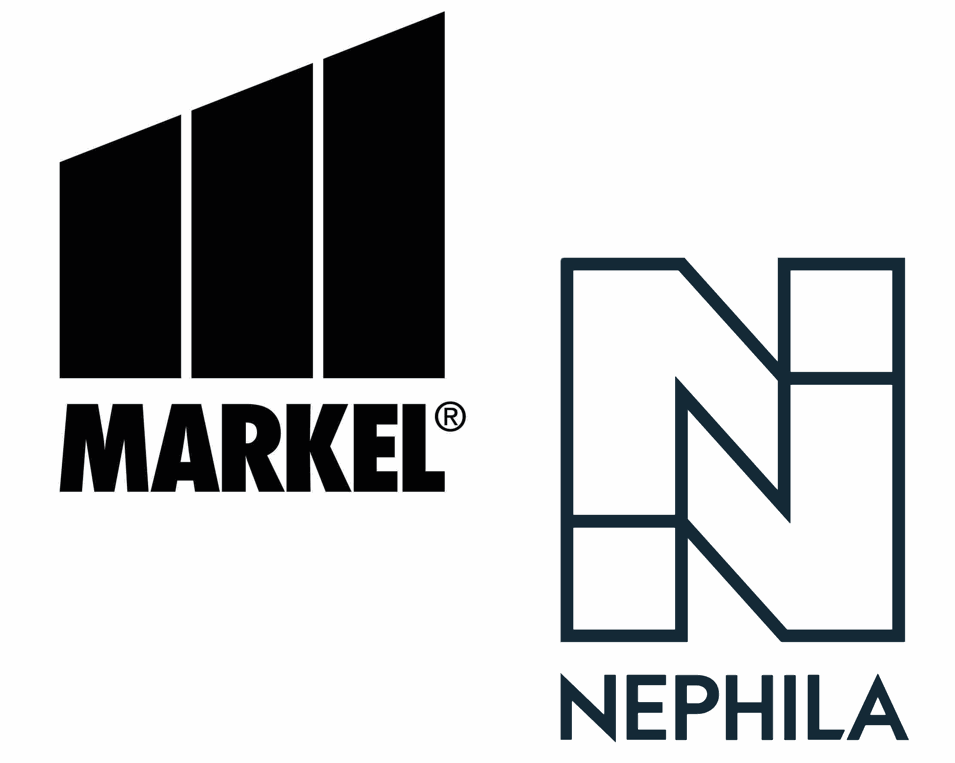Nephila AuM falls to $7.2bn on redemptions, capital raise environment & fair value

Nephila Capital, the flagship insurance-linked securities (ILS) fund management operation owned by Markel Corporation, has experienced another 8% decline in assets under management during the fourth-quarter of 2022, with the total falling to $7.2 billion.
This continues a downward decline for the ILS fund manager, which had experienced an 8% drop in assets under management, from $8.5 billion to $7.8 billion, during the third-quarter of 2022.
Parent company Markel has given a little more insight into the drivers of asset flows for its flagship ILS fund management operation in its results yesterday, providing some colour on the ILS market environment at this time.
Markel explained that, “Since acquiring Nephila in 2018, investment performance in the broader ILS market has been adversely impacted by consecutive years of elevated catastrophe losses, most recently with Hurricane Ian in 2022.
“These events, as well as recent volatility in the capital markets, have impacted investor decisions around allocation of capital to ILS, which in turn has impacted our capital raises and redemptions within the funds we manage.
“Additionally, increases in the cost of capital during 2022 further impacted the estimated fair value of our fund management operations, and ultimately resulted in an $80.0 million partial impairment of goodwill in 2022.
“Nephila’s net assets under management were $7.2 billion as of December 31, 2022.”
This “impairment of goodwill” is presumably due to a decline in the value of Markel’s stake in some of Nephila’s funds that saw fair value declines.
So, while hurricane Ian was the last major loss event to impact Nephila, which had driven much of the 8% decline in AuM during the third-quarter of 2022, the fourth-quarter saw market forces and investor appetite having a bigger influence on the ILS managers’ capital.
At this stage, Nephila Capital’s assets under management have now fallen 18% since the end of Q4 2021, and roughly 25% since the end of 2020, while they are 40% lower than their $12 billion plus peak.
Despite this, Nephila remains a driving-force in global property catastrophe, weather and climate risk underwriting and investment, contuning to deliver value and premium income to its parent Markel.
While Markel reported a decline in insurance-linked securities (ILS) related revenues and expenses, this was largely due to the sales of Nephila’s managing agent ownership stakes, in Velocity Risk and Volante Global.
These sales of the managing agency businesses that Nephila had developed drove $225.8 million of gains for Markel, a significant realisation of value from the business model Nephila had pioneered.
Markel’s ILS operating revenues are reported as $109 million for 2022, down from $202 million in the prior year, but ILS expenses fell to $125 million, from 2021’s $185.5 million as well.
This operating loss was due to costs incurred by MGA Volante in relation to its launch of a Lloyd’s syndicate prior to being sold, Markel explained.
At the same time, Nephila has become ever more core to Markel’s operations, being a key conduit for risk premium and also the single point of entry for the catastrophe reinsurance underwriting the parent had previously undertaken.
Through 2022, Markel has continued to deliver increasing volumes of catastrophe exposed property business to the reinsurance vehicles owned by its insurance-linked securities (ILS) manager Nephila Capital, from its program business unit.
For the full-year 2022, Markel reported that gross written premiums from its fronting business, so premium written by Markel’s underwriting platform on behalf of the Nephila Capital ILS operation, reached $553.9 million for 2022, more than doubling the $223.5 million written in 2021.
Thomas S. Gayner, Chief Executive Officer, commented, “Our insurance engine alone produced over $8 billion in revenues with the underwriting, ILS, and program services platforms each contributing positively to the bottom line.
“Our underwriting operations delivered a combined ratio in the low 90s, as a result of excellent premium growth as well as expense discipline, while navigating current economic realities and an evolving insurance market.”
Nephila is a key source of risk premium and conduit for risk within the Markel business and in some ways the shrunken assets under management may not have as significant an effect on the utility of Nephila as part of the Markel underwriting operations, as they do on its ability to earn fee income.
Given the now much higher rate environment, it will be interesting to see how Nephila Capital’s business develops over the coming year.






